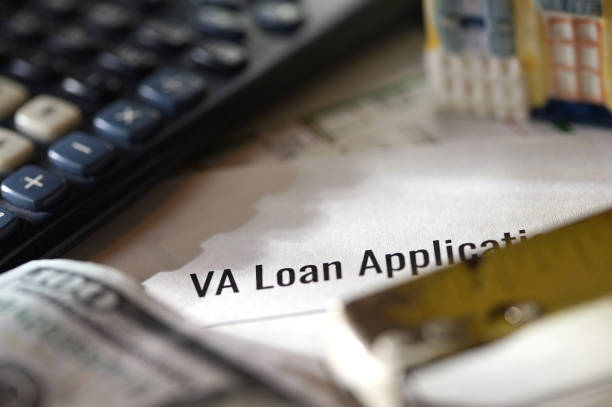VA home loans, supported by the Department of Veterans Affairs (VA), extend various advantages to eligible veterans, service members, and surviving spouses, including no-down-payment options, competitive interest rates, and exemption from private mortgage insurance (PMI). These benefits enhance the accessibility of homeownership for those who have served their country.
Advertisements
Eligibility for VA Home Loans
Qualifying for a VA home loan involves meeting specific service requirements and maintaining a satisfactory credit history, depending on your military service status and discharge type.
Veterans:
90 days of active-duty service, with at least 20 days during wartime or 180 days of continuous non-wartime service.
6 years of National Guard service with at least one activation under Title 32.
Any length of service for those discharged due to a service-connected disability.
Service Members:
181 days of continuous active-duty service or 90 days with a deployment of at least 180 days.
Advertisements
Surviving Spouses:
Unmarried surviving spouse of a veteran who died on active duty or due to a service-connected disability.
Unmarried surviving spouse of a veteran who served for at least 20 years.
Credit Requirements
VA lenders typically seek a credit score of at least 620, though exceptions may apply for veterans with a robust military service history.
Obtaining a Certificate of Eligibility (COE)
Prior to applying, secure a COE from the VA, confirming eligibility and indicating the maximum qualifying loan amount. Obtain it through the eBenefits portal online or submit VA Form 26-1880 to the nearest Regional Loan Center.
Selecting a VA Lender
After obtaining the COE, shop for a VA lender, comparing rates, fees, and terms. Inquire about any lender-specific requirements or restrictions.
Pre-Qualification
Gain insights into your potential loan amount and interest rate through pre-qualification. Provide basic financial details like income, debt, and assets to the lender.
Applying for a VA Home Loan
Similar to conventional mortgages, the VA loan application requires documentation of income, assets, debts, and verification of eligibility.
Appraisal and Inspection
Upon approval, an appraisal determines the property’s fair market value, and an inspection identifies any necessary repairs.
Closing
The closing process, the final step, involves signing paperwork, finalizing the mortgage agreement, and providing any required down payment and closing costs.
Advertisements






